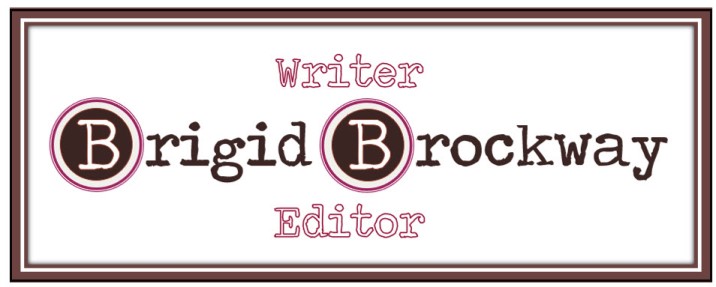For the dwindling numbers of us who remotely care about the thing, Academy Awards are happening tonight. I've actually seen like, three of the nominated films this year, so I might actually give a watch. If only to see the "I didn't realize that guy was dead" slide show.
The Academy of Motion Picture Arts and Sciences was founded in 1927. Author Bill Bryson suggests that the wordy nature of the name is due to the fact that Hollywood has always shied away from the term movie, which he says took on a negative connotation in the early days of film because the moral elite considered movies trashy.
 We're not sure exactly where the term Oscar came from. The statue was designed by Cedric Gibbons, MGM art director, and first awarded in 1929. Bryson thinks that the statue was named by the librarian for the academy, Margaret Herrick, who thought the statue looked like her uncle Oscar. From this, we must conclude that Uncle Oscar liked to stand naked on top of a film can, covering up his good china with a sword. Wikipedia says the statue could also have been so named after King Oscar II of Sweden. Granted, I've not seen him naked or holding a sword, but I can't quite see the resemblance.
We're not sure exactly where the term Oscar came from. The statue was designed by Cedric Gibbons, MGM art director, and first awarded in 1929. Bryson thinks that the statue was named by the librarian for the academy, Margaret Herrick, who thought the statue looked like her uncle Oscar. From this, we must conclude that Uncle Oscar liked to stand naked on top of a film can, covering up his good china with a sword. Wikipedia says the statue could also have been so named after King Oscar II of Sweden. Granted, I've not seen him naked or holding a sword, but I can't quite see the resemblance. If you watch really old movies, you'll notice they've often got no credits - nobody thought to start giving actors names until the second decade of last century. It was then that people realized that audiences had favorite actors and could be lured in by them.


